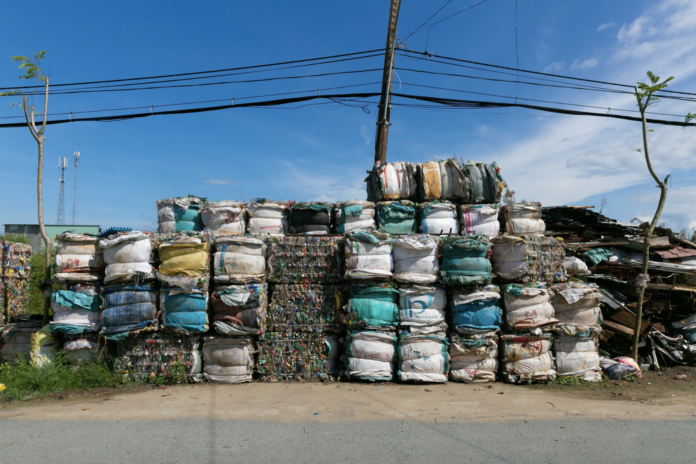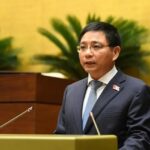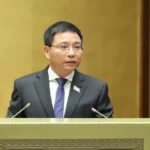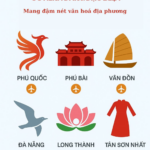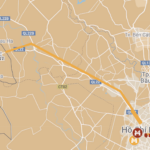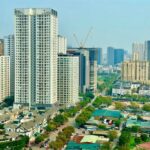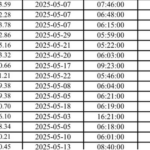A Pioneer in Vietnam’s Economy: Coca-Cola’s Long-Term Vision and Commitment
With a long-term vision for a rapidly integrating Vietnam, Coca-Cola quickly established its presence in this promising market as soon as the country opened up for trade. A significant milestone was reached in 1995 with the opening of the company’s first production facility in Hanoi, featuring a pioneering recyclable glass bottle production line.
Following Hanoi, Coca-Cola Vietnam expanded its network to other major cities. Over three decades, the brand has thrived with three production facilities in Hanoi, Da Nang, and Ho Chi Minh City. Today, the company boasts an extensive portfolio of 11 brands and over 100 products (SKUs). Its presence spans the length and breadth of the country, with a far-reaching distribution system comprising six large centers and a diverse retail network of over 800,000 touchpoints.
Coca-Cola Vietnam has directly employed approximately 4,000 people, 28% of whom are women, empowering and enhancing their roles in the workforce. The company’s vast supply chain also contributes to creating six to eight times more indirect jobs, positively impacting sectors such as agriculture, retail, packaging, and logistics.
As a testament to its long-term commitment to Vietnam, Coca-Cola plans to inaugurate a new factory in Long An in 2025. Spanning 19 hectares and with a total investment of $136 million, this food and beverage facility will be a pioneer in Vietnam, boasting a LEED Gold certification for its energy efficiency and environmental responsibility. With a capacity of producing up to one billion liters per year and equipped with advanced technologies, including solar power systems, water treatment for reuse, and modern production solutions, the factory will enhance operational efficiency while reducing environmental impact.
Practical Initiatives for a Greener Vietnam
Coca-Cola has launched several notable initiatives to reduce waste in Vietnam, with packaging strategy playing a pivotal role. By 2035, the company aims to collect and recycle 70%-75% of its packaging sold in the market.
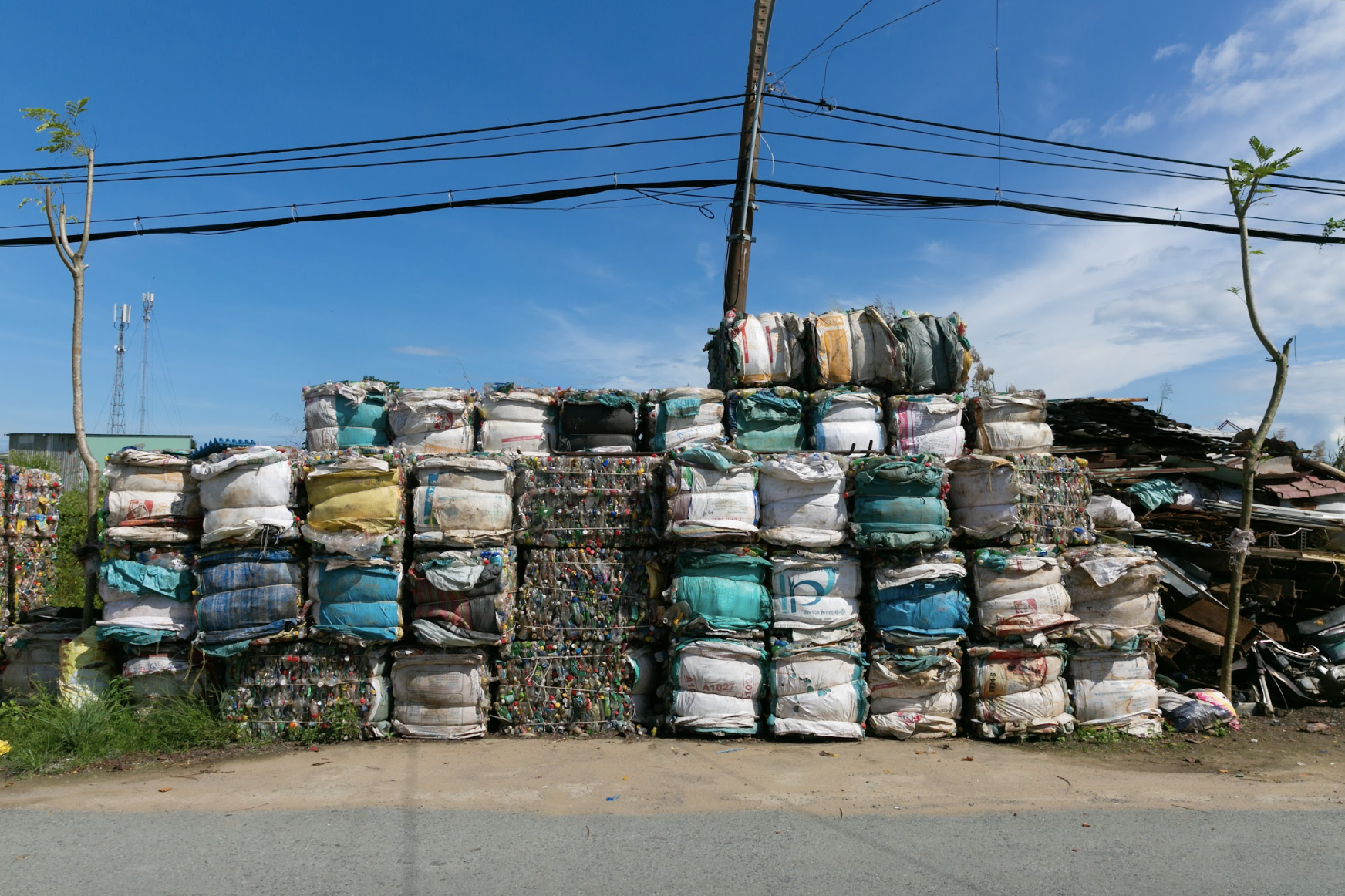
Bottle collection centers as part of the “Promoting a Circular Economy for Plastic Waste in Can Gio District” projects.
Coca-Cola proactively engages in strategic alliances and partnerships to create a positive impact on a larger scale. The company is one of the nine founding members of the Packaging Recycling Organization Vietnam (PRO Vietnam) and a member of the National Plastic Action Partnership (NPAP), directed and managed by the Ministry of Natural Resources and Environment. These collaborations showcase Coca-Cola’s leadership in proactively seeking systematic and practical solutions to reduce plastic waste.
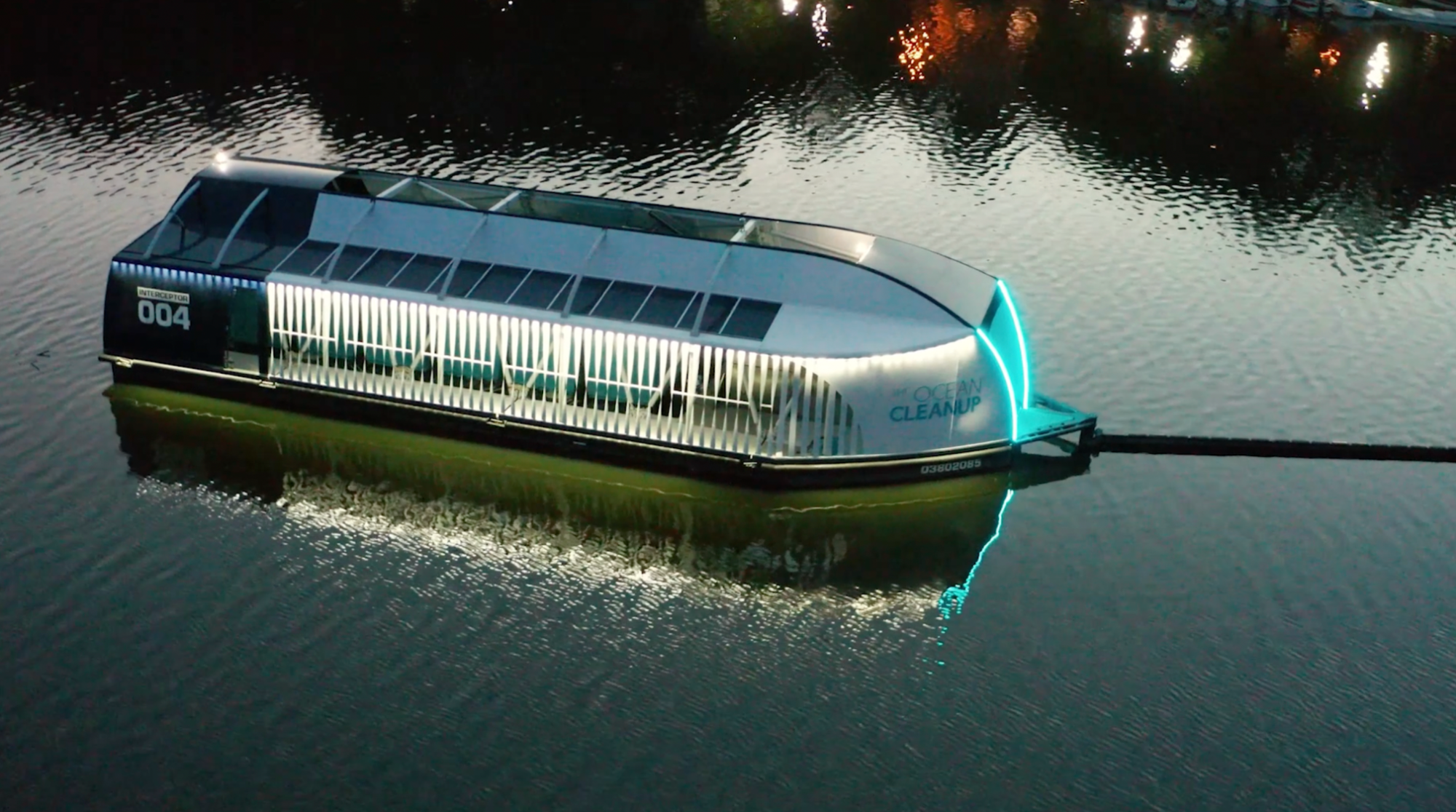
The Interceptor system on the Can Tho River, collecting plastic waste and cleaning the river.
For many years, Coca-Cola has participated in and supported projects that positively impact the environment and local communities. The company’s journey toward creating sustainable value in Vietnam is evident through several strategic initiatives. Notable projects include the “Promoting a Circular Economy for Plastic Waste in Can Gio District” with GreenHub from May 2022 to December 2023, a collaboration with WWF Vietnam to restore water resources in Tram Chim National Park since 2007, and the deployment of the Interceptor system on the Can Tho River with The Ocean Clean Up since 2021 to prevent plastic waste from reaching the ocean. Additionally, a $15 million project with the United Nations Development Program (UNDP) will be initiated in 2025, focusing on improving plastic waste management, promoting recycling, and reducing environmental leakage in nine Asian countries, including Vietnam. These projects not only protect the natural environment but also raise awareness and improve livelihoods for local communities, reflecting Coca-Cola’s comprehensive approach.
Community Engagement and Social Contributions
Alongside its environmental efforts, Coca-Cola demonstrates a deep sense of social responsibility through numerous meaningful initiatives targeting the community. During the challenging COVID-19 pandemic, the company contributed over VND 16 billion to the Vietnam Red Cross Society, providing timely support to the frontlines and those affected by the pandemic. This spirit of compassion continued with various activities, such as donating VND 3.7 billion to families impacted by Typhoon Yagi in Lao Cai and Phu Tho and the annual “Tet Market for the Poor” program, bringing a warm Tet holiday to thousands of disadvantaged families.
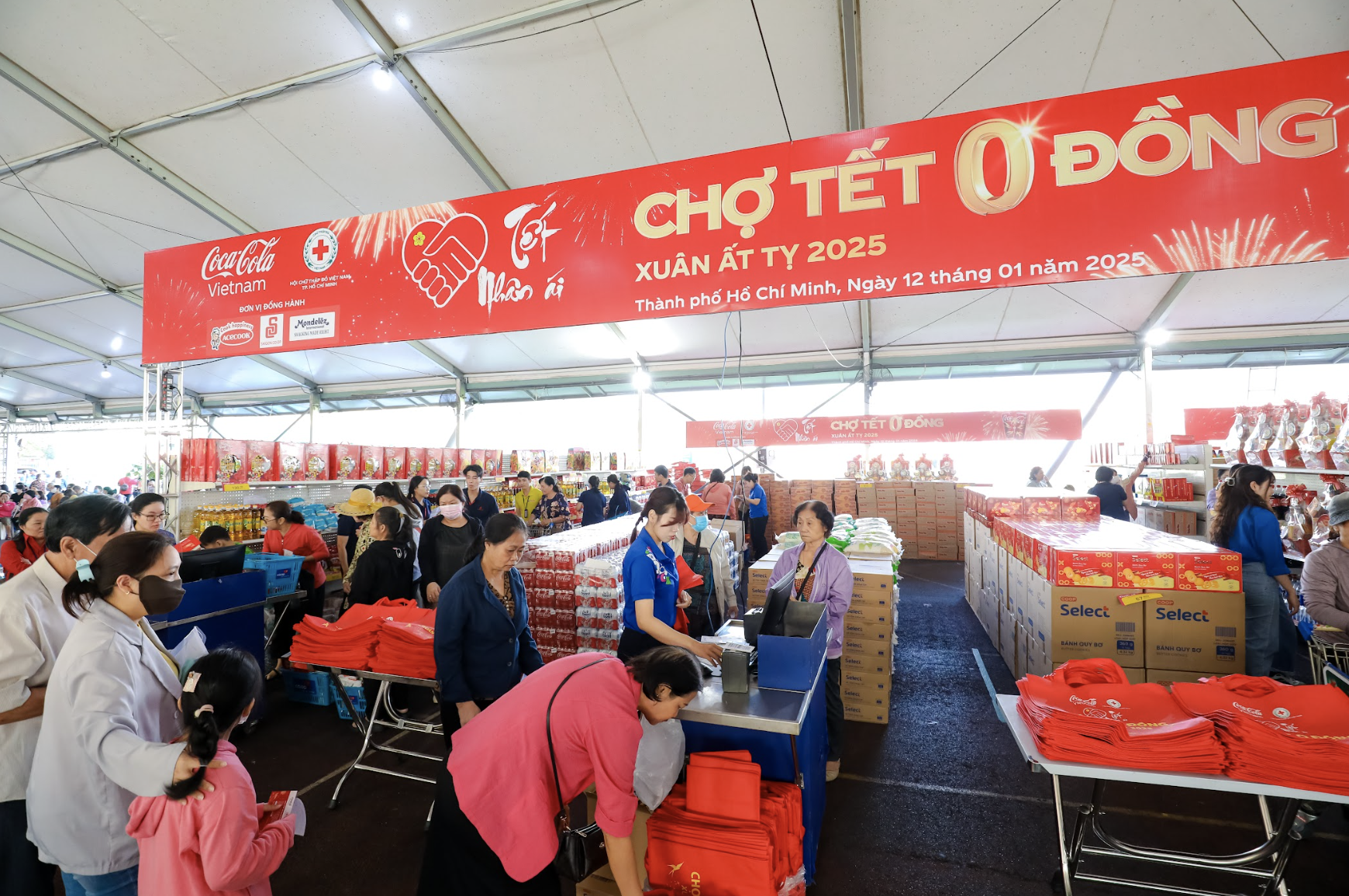
The annual “Tet Market for the Poor” program brings a warm and joyful Tet holiday to disadvantaged families.
Another notable global initiative is the EKOCENTER model. With eight centers across Vietnam, EKOCENTER not only provides free drinking water but also serves as a community hub, offering digital skills training, entrepreneurship programs, and education in STEAM and AI for women and children. Built on a unique “3-in-1” model, EKOCENTER seamlessly integrates a convenience kiosk, a cozy community house, and a modern sports area, creating a versatile space that caters to the diverse needs of the community.
Moreover, Coca-Cola has inspired Vietnamese youth, especially Gen Z, through its environmental initiatives, notably the “Recycled Plastic Bottle, Continuing the Journey” program, which has been consecutively implemented since 2023. Together with partners Duy Tan, Botol, and Veca, Coca-Cola encourages consumers to participate in recycling, contributing to the reduction of waste and the creation of a sustainable future.
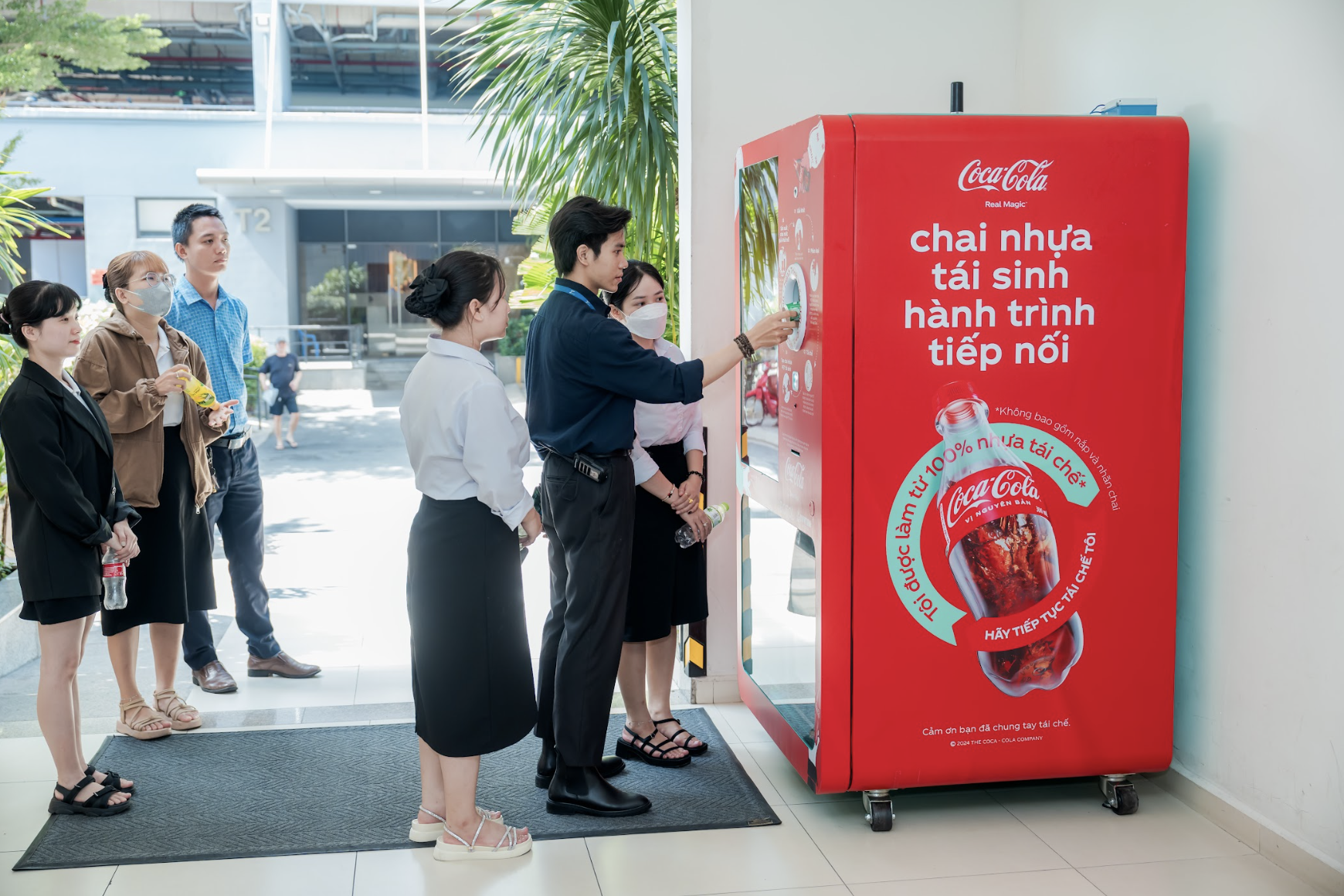
Residents enthusiastically participate in the “Recycled Plastic Bottle, Continuing the Journey” program by sending bottles for recycling.
For over 30 years, Coca-Cola has become a familiar brand in the daily lives of many Vietnamese families. While expanding its operations and investments, Coca-Cola has also contributed to community and environmental initiatives, aligning with its sustainable development orientation. This long-term journey reflects the company’s commitment to accompanying and contributing to the overall development of society through practical actions.
Establishing Vietnam’s First International Financial Center: A Proposal for the National Assembly
The International Financial Center will serve as a pivotal hub, connecting Vietnam to the global financial market and attracting foreign financial institutions. It will facilitate Vietnam’s integration into the international investment landscape, capitalizing on the shift in global investment flows.
The Financial Hub: Launching a Carbon Credit Trading Floor, a Niche Offering
The proposed resolution allows members of the financial center to establish exchanges in various fields, including carbon credits, commodities, and specialized exchanges. With these new provisions, members of parliament fear the management of such a diverse range of exchanges will prove challenging and complex, potentially exposing investors to increased risk.
400 Volunteers Unite to Clean Up Nghi Son Bay’s Environment
On June 8th, 2025, over 400 enthusiastic volunteers united to clean up the coastal area along Nghi Son Bay in Nghi Son commune. This timely initiative, held in observance of World Environment Day on June 5th, resulted in the collection of approximately 30 tons of garbage as part of the Clean Sea Campaign 2025.
The Investors Behind Vietnam’s Most Unique Airport Designs: From the Phoenix, to the Albatross, and the Ao Dai and Lotus Flower.
Some airport terminals stand out with their unique architectural designs, deeply rooted in ethnic cultural identity. They not only create an aesthetic focal point but also showcase the modern and sustainable development of Vietnam’s aviation infrastructure.


























